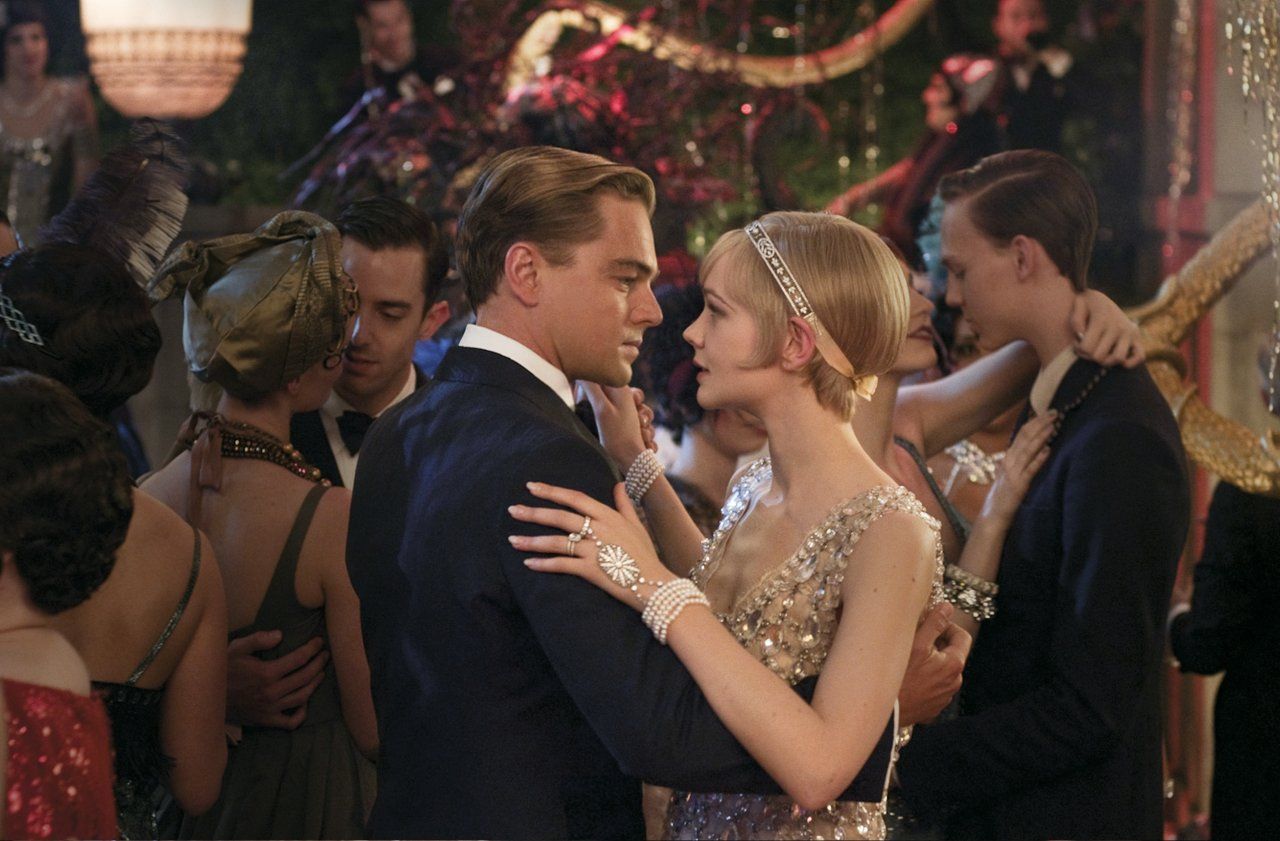
EVERY TWO dozen years or so, an adaptation of The Great Gatsby appears on the silver screen: in 1926, 1949, 1974, and now. If this fourth effort, directed by Baz Luhrmann and starring Leonardo DiCaprio, is to serve a purpose at all, it would be to send us back to the brooding grandeur of the original text, containing "a great deal of underlying thought of unusual quality," as F. Scott Fitzgerald's editor Maxwell Perkins had described it.
But the book that rolled out under the night in roaring 1925 was not the original. The Great Gatsby actually began with a manuscript that Fitzgerald had submitted a year earlier with the title "Trimalchio," after the parvenu who threw wild orgies in Petronius's Roman novel Satyricon. As it turns out, the cleft between this first draft and the finished one is what separates the great Gatsby from the vague Gatsby, since even Fitzgerald once called his man of mystery "blurred and patchy." Crucially, in "Trimalchio," nothing is known of Gatsby's past until he gushes about it after Myrtle's death, already late in the novel. So Fitzgerald got to work. He carved up Gatsby's overdue confession, cast it throughout the book, and reported to Perkins that he had at last brought Gatsby to life.
Robert Redford played Gatsby in Jack Clayton's 1974 adaptation, and he would have evaporated into the film stock had he been any more "blurred and patchy." But in the new version, Luhrmann reportedly enlisted "Trimalchio" to shape a "darker" Gatsby, and we're told that DiCaprio carried a copy of it everywhere he went. They wouldn't have done themselves any favors if they were to mistake a patch of blurriness for emotional darkness. True, Gatsby is a vessel for Nick's dreams and Daisy's desires, but he mustn't be a cipher. Gatsby "started out as one man I knew and then changed into myself," Fitzgerald told a friend—and he knew himself. He was one doomed romantic writing about another—"boats against the current, borne back ceaselessly into the past."
Uncommon Knowledge
Newsweek is committed to challenging conventional wisdom and finding connections in the search for common ground.
Newsweek is committed to challenging conventional wisdom and finding connections in the search for common ground.
About the writer
To read how Newsweek uses AI as a newsroom tool, Click here.








